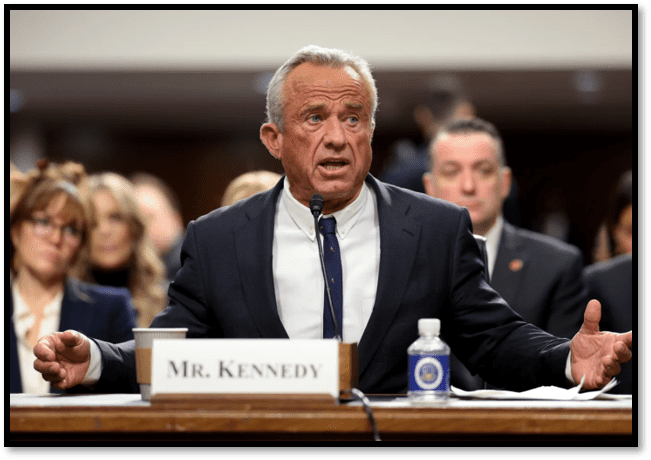Olive oil isn’t just a cooking ingredient—it’s liquid gold. From enhancing flavors in gourmet dishes to boosting your health with powerful antioxidants, this Mediterranean staple is a must-have. But did you know there are different types of olive oil, each with its own unique qualities? Choosing the right one can make all the difference!
Let’s dive into the world of olive oils and uncover which one suits your taste, lifestyle, and cooking needs.
1. Extra Virgin Olive Oil (EVOO) – The King of Oils
Best For: Salad dressings, dipping, drizzling, and raw consumption.
If there’s one olive oil that reigns supreme, it’s extra virgin olive oil (EVOO). Cold-pressed from the finest olives, it’s packed with antioxidants and heart-healthy fats. With an acidity level below 0.8%, EVOO delivers a rich, fruity taste with a slight peppery kick.
Pro Tip: Always go for cold-pressed, organic EVOO for maximum flavor and health benefits!
2. Virgin Olive Oil – A Milder Alternative
Best For: Low- to medium-heat cooking, marinades, and sautéing.
Like EVOO but a little less intense, virgin olive oil has a slightly higher acidity (up to 2%) but still retains a fruity aroma. It’s a solid choice for those who love olive oil but prefer a more subtle taste.
Did You Know? Unlike EVOO, virgin olive oil is harder to find in stores because most producers focus on extra virgin varieties.
3. Pure Olive Oil – The All-Rounder
Best For: High-heat cooking, frying, and grilling.
Also known as refined olive oil, this type is a blend of virgin and processed oils. While it lacks the rich nutrients of EVOO, its higher smoke point makes it perfect for cooking at higher temperatures without burning.
Pro Tip: If you want the benefits of olive oil but need a more neutral flavor for your dishes, this is your go-to option.
4. Light Olive Oil – Don’t Let the Name Fool You!
Best For: Baking, frying, and when you need a neutral oil.
Contrary to what many believe, light olive oil isn’t lower in calories—it’s just lighter in taste! This highly refined oil is ideal for those who want the benefits of olive oil but prefer a neutral flavor.
Great for baking! It can replace butter or vegetable oil in many recipes.
5. Pomace Olive Oil – The Bottom of the Barrel
Best For: Industrial cooking and frying.
Pomace oil is made from the leftover olive pulp after the first pressing. Extracted using heat and solvents, it’s the least nutritious and flavorful of all olive oils. While safe for cooking, it’s not the best choice if you’re after quality.
Pro Tip: If health benefits and flavor matter to you, stick with EVOO or virgin olive oil instead!
How to Choose the Best Olive Oil
✔️ Check the label – Look for “extra virgin” and “cold-pressed” for the highest quality.
✔️ Go for dark bottles – Light and heat can degrade olive oil quality, so always buy bottles that protect the oil.
✔️ Look for the harvest date – The fresher, the better! Ideally, use olive oil within a year of harvest.
✔️ Store it right – Keep it in a cool, dark place to preserve its nutrients.
Final Thoughts: Which Olive Oil is Best for You?
- For maximum health benefits & taste → Extra Virgin Olive Oil
- For mild flavor & medium-heat cooking → Virgin Olive Oil
- For high-heat cooking & frying → Pure Olive Oil
- For baking & neutral taste → Light Olive Oil
- For industrial use (but not much else) → Pomace Olive Oil
Whether you’re drizzling it over a fresh salad, dipping warm bread, or frying crispy vegetables, olive oil is a kitchen essential you can’t afford to overlook. Choose wisely, and let this golden elixir elevate your meals!














